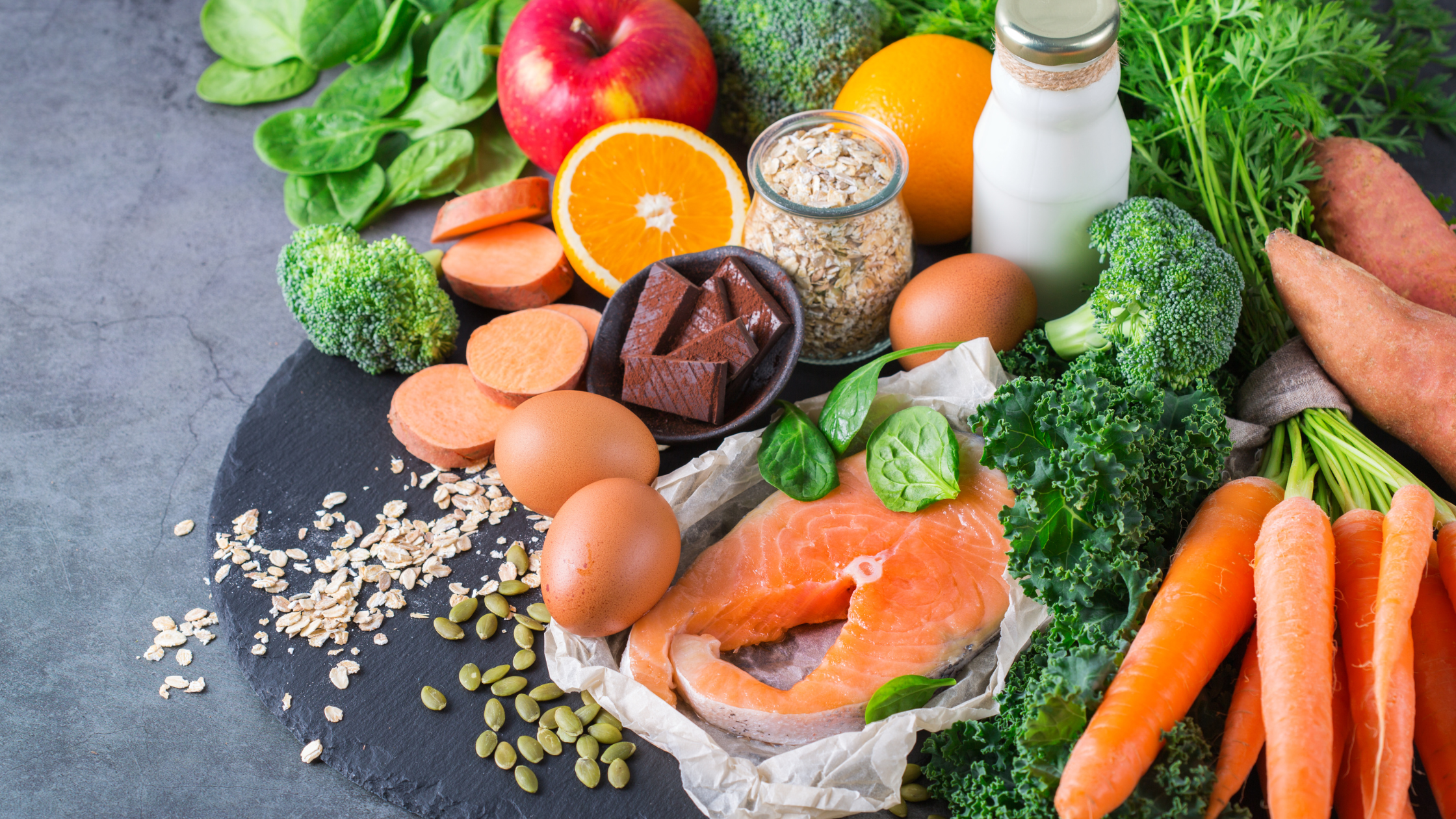
Cancer Prevention: The Role of Vitamins
Cancer is a complex and devastating disease that affects millions of lives worldwide. While there is no guaranteed way to prevent cancer, adopting a healthy lifestyle and incorporating specific vitamins into your diet can contribute to reducing your risk. In this blog, we’ll explore the role of vitamins in cancer prevention and how you can make them a part of your wellness arsenal.
Understanding Cancer Prevention:
Cancer prevention involves taking proactive steps to reduce your risk of developing cancer. Lifestyle choices, including diet, play a significant role in this process. Vitamins, as essential micronutrients, are vital for maintaining overall health and have been studied for their potential role in cancer prevention.
Vitamin D:
- Role in Cancer Prevention: Vitamin D plays a crucial role in regulating cell growth and supporting a healthy immune system. Studies suggest that adequate vitamin D levels may help reduce the risk of certain cancers, including breast, prostate, and colon cancer.
- How to Incorporate: Get regular, safe sun exposure (with sunscreen) and consume vitamin D-rich foods such as fatty fish, fortified dairy products, and supplements if recommended by your healthcare provider.
Vitamin C:
- Role in Cancer Prevention: Vitamin C is a powerful antioxidant that helps protect cells from damage caused by free radicals. A diet rich in vitamin C from fruits and vegetables may be linked to a reduced risk of various cancers.
- How to Incorporate: Include citrus fruits (oranges, grapefruits), berries, kiwi, and bell peppers in your diet to boost your vitamin C intake.
Vitamin E: The Cellular Protector
- Role in Cancer Prevention: Vitamin E is another antioxidant that may help prevent oxidative damage to cells. It has been associated with a potential reduction in cancer risk.
- How to Incorporate: Nuts, seeds, vegetable oils, and leafy greens are good sources of vitamin E. Adding these to your diet can help you obtain adequate levels.
Beta-carotene (Vitamin A Precursor)
- Role in Cancer Prevention: Beta-carotene, which the body can convert into vitamin A, may help lower the risk of certain cancers, including lung cancer.
- How to Incorporate: Consume foods like carrots, sweet potatoes, and spinach that are rich in beta-carotene to support your vitamin A intake.
Selenium: The Trace Mineral
- Role in Cancer Prevention: Selenium acts as an antioxidant and may protect against certain types of cancer, including prostate cancer.
- How to Incorporate: Selenium can be obtained from nuts, whole grains, seafood, and supplements as recommended by a healthcare provider.
Omega-3 Fatty Acids: The Healthy Fats
- Role in Cancer Prevention: Omega-3 fatty acids found in fatty fish like salmon and walnuts have anti-inflammatory properties and may help reduce the risk of certain cancers, such as breast and colorectal cancer.
- How to Incorporate: Include fatty fish, flaxseeds, and walnuts to boost your omega-3 intake.
While vitamins alone cannot guarantee cancer prevention, they play a valuable role in your overall health and well-being. A balanced diet rich in vitamins, combined with a healthy lifestyle, regular screenings, and avoiding tobacco products and excessive alcohol consumption, can significantly reduce your cancer risk.
Consult with your healthcare provider or a registered dietitian for personalized advice on vitamin supplementation and dietary choices that align with your specific health goals. By making informed choices and incorporating these cancer-fighting vitamins into your daily life, you can take proactive steps to reduce your cancer risk and promote a healthier future.
